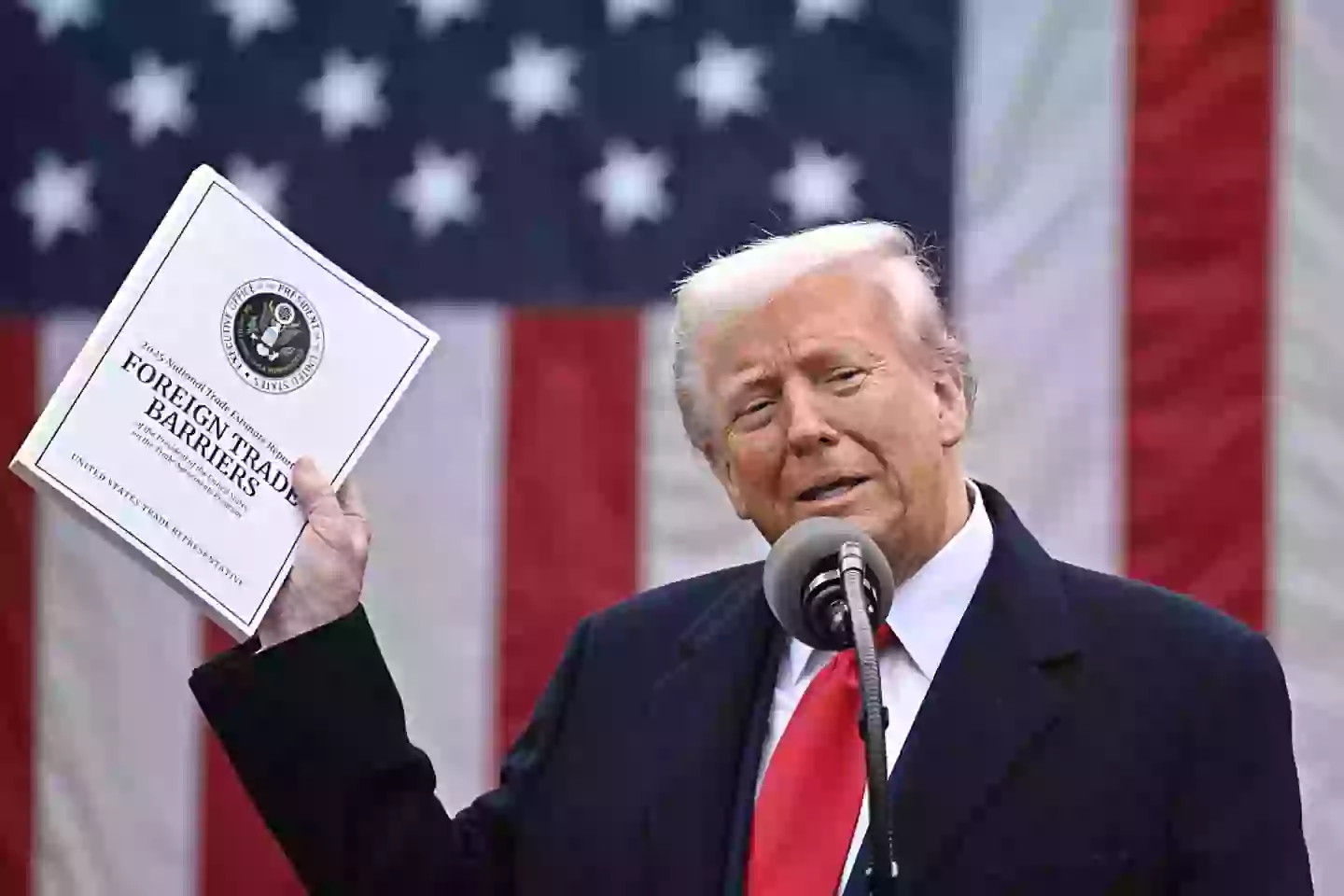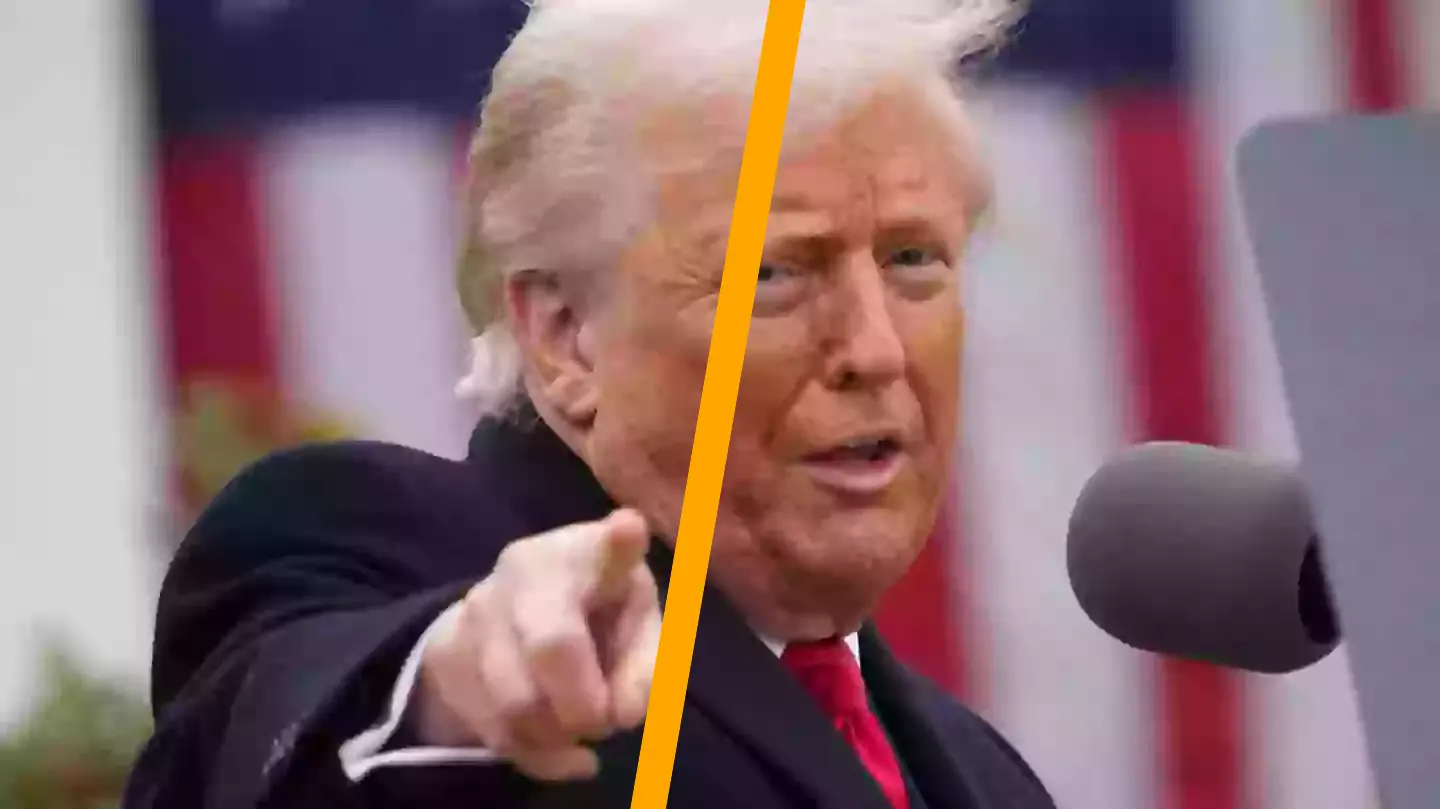A Yale University report has shed light on the financial implications of Donald Trump’s ‘Liberation Day’ tariffs for the average US household.
On April 2, Trump announced significant tariffs on many countries from the White House’s Rose Garden, detailing the specific charges each would face. These measures are part of his effort to boost the US economy and tackle what he describes as a national emergency caused by the trade deficit. However, these tariffs are expected to have a substantial effect on consumers.
In its report released on April 2, Yale’s Budget Lab analyzed the tariff impacts, indicating that the average effective US tariff rate has climbed to 22.5 percent, the highest seen since 1909.

Countries like Germany, Brazil, and Colombia are among those facing tariffs, which could lead to increased prices on everyday goods such as alcohol, coffee, and cars. The Budget Lab’s findings suggest that these tariffs will affect more than just coffee prices.
The report states that these reciprocal tariffs will push overall inflation up by 2.3 percentage points, translating to an additional $3,800 in costs for the average household.
For those at the lower end of the income scale, the report anticipates a $1,700 increase in costs.
Bill Adams, the chief economist at Comerica Bank, discussed the possibility of inflation as businesses pass rising costs to customers.
According to The New York Post, he noted: “If tariffs stay in effect as announced, foreign sellers will likely absorb some of the cost, as will American importers. But even so, the increase will likely cause a 3 percent to 5 percent cumulative incremental increase in consumer prices above the trend rate of inflation over the next year.”

Brandon Daniels, CEO of the artificial intelligence supply chain company Exiger, suggested that some businesses might act to counteract household cost increases.
He told The Post: “Historical precedents indicate that sectors with more diversified and flexible manufacturing options – like appliances, furniture, textiles, and machinery – have responded to similar cost pressures by reshoring or expanding domestic production.”
On Thursday, following ‘Liberation Day’, JPMorgan cautioned that the US might be heading towards a recession if Trump maintains the tariffs introduced at the White House.

